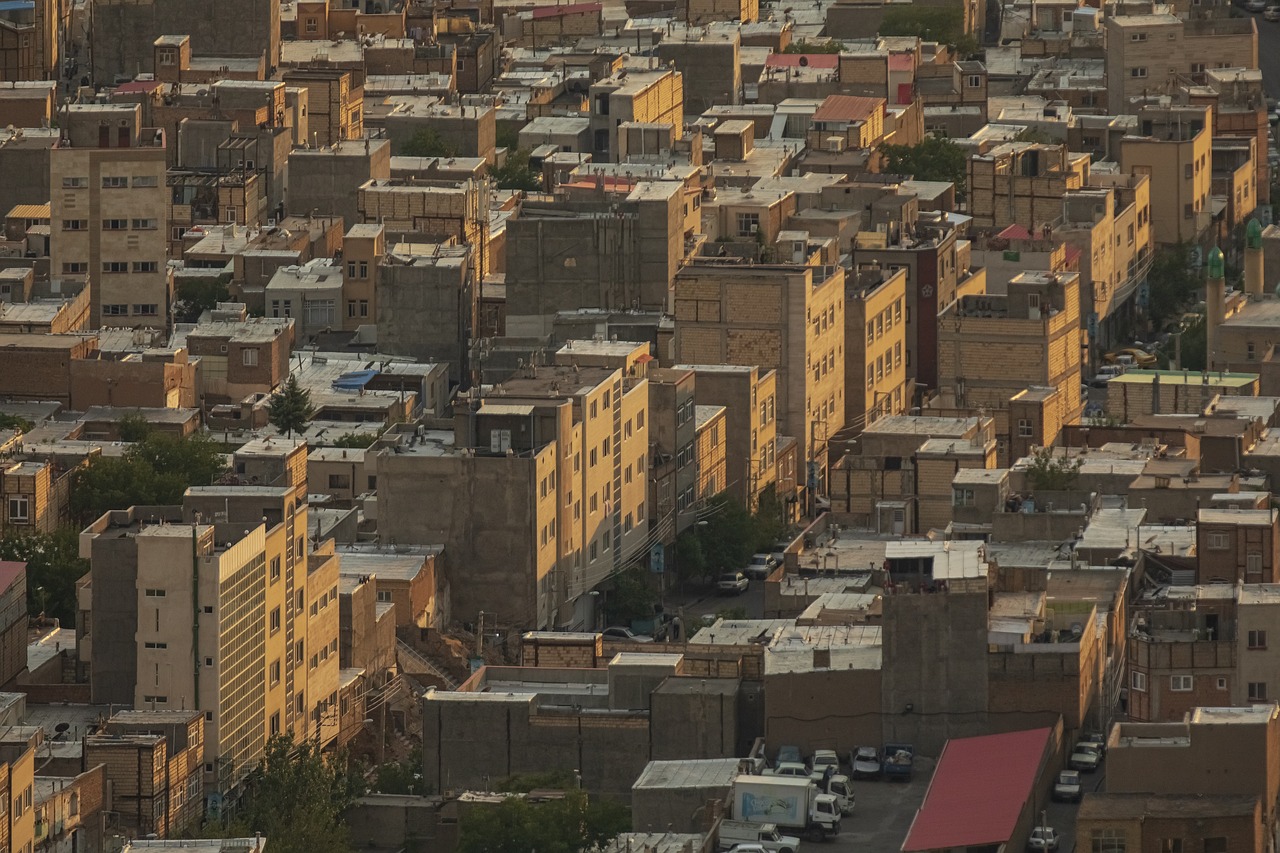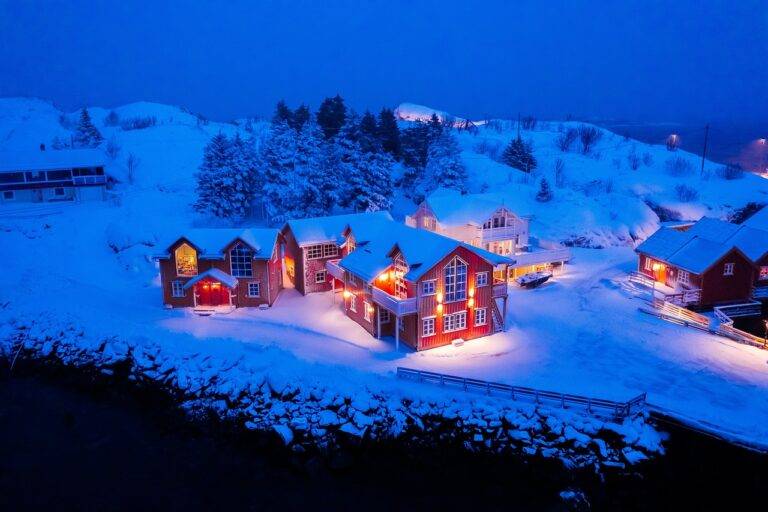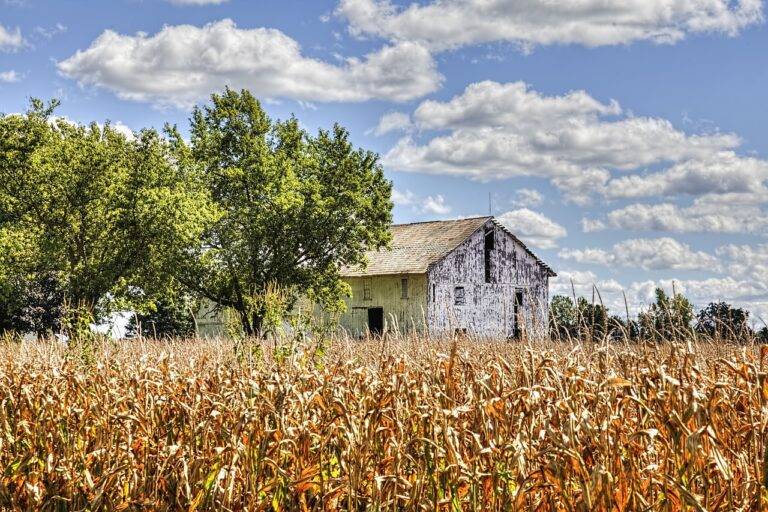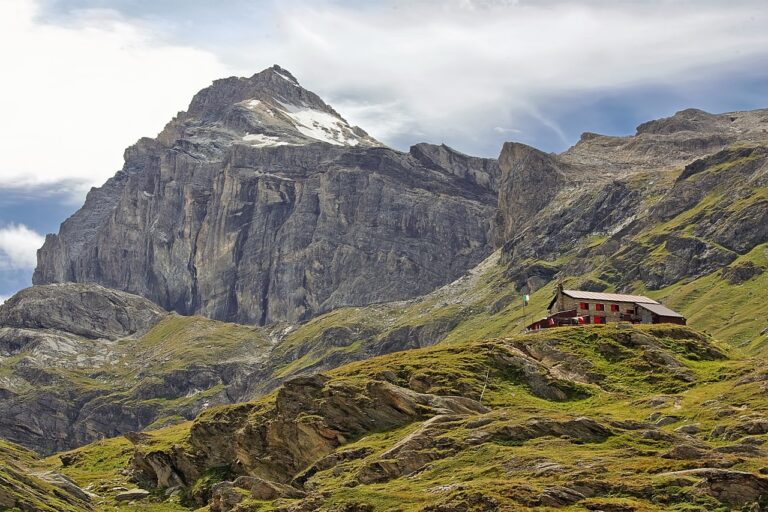Metal Roofing: Sustainable Options for Manufacturing Plants: 11xplay reddy login id and password, Laser247. Com cricket, Sky live casino
11xplay reddy login id and password, laser247. com cricket, sky live casino: Metal roofing has become an increasingly popular choice for manufacturing plants looking for sustainable and durable roofing options. With its long lifespan, energy efficiency, and recyclability, metal roofing offers numerous benefits that can help companies reduce their environmental impact while also saving on energy costs in the long run.
Why Choose Metal Roofing for Manufacturing Plants?
Metal roofing is an excellent choice for manufacturing plants for several reasons:
1. Longevity: Metal roofs can last 50 years or more, much longer than traditional asphalt shingles. This means that companies won’t have to replace their roof as often, reducing waste and saving money in the long run.
2. Energy Efficiency: Metal roofs are highly reflective, meaning they can help reduce cooling costs in the summer by keeping the building cooler. This can lead to significant energy savings over time.
3. Durability: Metal roofs are resistant to fire, mildew, insects, and rot, making them an excellent choice for manufacturing plants where durability is key.
4. Recyclability: At the end of their lifespan, metal roofs are 100% recyclable, making them a more sustainable option compared to traditional roofing materials that often end up in landfills.
5. Sustainability: Metal roofing is made from recycled materials and can be recycled again at the end of its life cycle, making it a more sustainable choice for manufacturing plants looking to reduce their environmental impact.
6. Cost-Effective: While metal roofing may have a higher upfront cost compared to traditional roofing materials, its longevity and energy efficiency can lead to significant cost savings over time, making it a cost-effective option for manufacturing plants.
Metal Roofing Options for Manufacturing Plants
There are several different types of metal roofing options available for manufacturing plants, each with its own advantages and disadvantages. Some popular options include:
1. Steel Roofing: Steel roofing is one of the most popular metal roofing options due to its durability and affordability. It is available in a variety of finishes and can be coated to improve its energy efficiency and longevity.
2. Aluminum Roofing: Aluminum roofing is lightweight, corrosion-resistant, and recyclable, making it a popular choice for manufacturing plants located in coastal areas or areas with high humidity.
3. Copper Roofing: Copper roofing is known for its beauty and longevity, with some copper roofs lasting over 100 years. While it is more expensive than other metal roofing options, copper roofing can add a touch of elegance to any manufacturing plant.
4. Zinc Roofing: Zinc roofing is durable, corrosion-resistant, and environmentally friendly, as zinc is a highly recyclable material. It develops a protective patina over time, giving it a unique and attractive appearance.
5. Standing Seam Roofing: Standing seam roofing features vertical ribs that run from the eave to the ridge of the roof, providing a sleek and modern look. It is a popular choice for manufacturing plants looking for a clean and uniform roofing system.
6. Metal Shingles: Metal shingles are an excellent option for manufacturing plants looking for a traditional roofing look with the benefits of metal roofing. They are available in a variety of styles and colors to suit any design aesthetic.
Installation and Maintenance of Metal Roofing
Proper installation and maintenance are crucial for ensuring the longevity and performance of a metal roof. It is essential to hire a professional roofing contractor with experience installing metal roofing to ensure that the roof is installed correctly and according to manufacturer specifications.
Regular maintenance, such as removing debris, checking for signs of damage, and clearing gutters, can help prolong the lifespan of a metal roof and prevent costly repairs down the road. It is also essential to inspect the roof after severe weather events, such as storms or high winds, to check for any damage that may need to be addressed promptly.
FAQs
Q: How long does a metal roof last?
A: Metal roofs can last 50 years or more with proper maintenance and care.
Q: Are metal roofs noisy during rainstorms?
A: While metal roofs can be noisier than other roofing materials during rainstorms, sound-deadening materials can be added during installation to reduce noise levels.
Q: Can a metal roof be installed over an existing roof?
A: In some cases, metal roofing can be installed over an existing roof, depending on the condition of the current roof and local building codes.
Q: Are metal roofs prone to rusting?
A: Modern metal roofing materials are coated to prevent rusting and corrosion, making them highly durable and long-lasting.
In conclusion, metal roofing offers a sustainable and durable roofing option for manufacturing plants looking to reduce their environmental impact and save on energy costs. With its longevity, energy efficiency, recyclability, and variety of options available, metal roofing is an excellent choice for companies looking to invest in a roof that will last for years to come.







